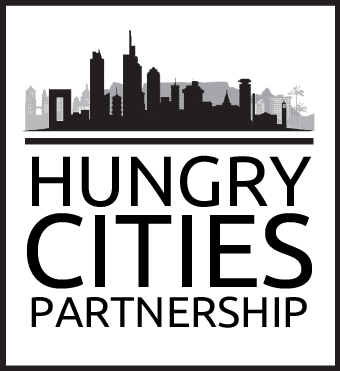MiFOOD Paper No. 4: Pandemic Precarity and Food Insecurity: Zimbabwean Migrants in South Africa During COVID-19
A notable silence in the emerging literature on migrant precarity is any consideration of the relationship between precarity and food insecurity. The links between migrant precarity and sudden economic, political or environmental shocks are relatively untheorized. Researchers were thus conceptually under-prepared to understand how and in what ways the COVID-19 pandemic intersected with general forms of precarity and food insecurity. More recently, the concept of pandemic precarity has been proposed as a corrective. At its most basic, pandemic precarity refers to the increased incidence and severity of pre-pandemic conditions of poverty, inequality and economic insecurity during COVID-19. In relation to migration within the Global South, there is an urgent need to understand pre-pandemic migrant vulnerabilities and food security challenges and how these were reconfigured during the pandemic. In this paper, we demonstrate that the notion of pandemic precarity in the context of South-South migration needs to include the nature and drivers of intensified food insecurity for migrants and their trans-local households in countries of origin. The case study evidence presented in the paper comes from our 2021 survey of Zimbabwean migrant households in South Africa. We suggest that the findings open the way for a new research and policy agenda at the intersections between pandemic precarity, food insecurity and South-South migration.


